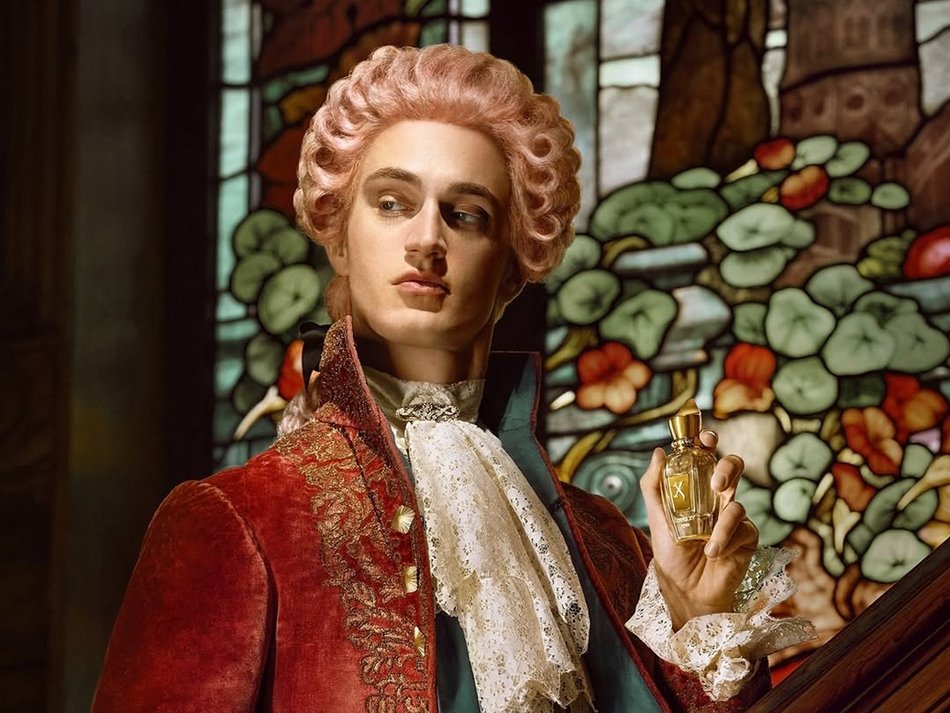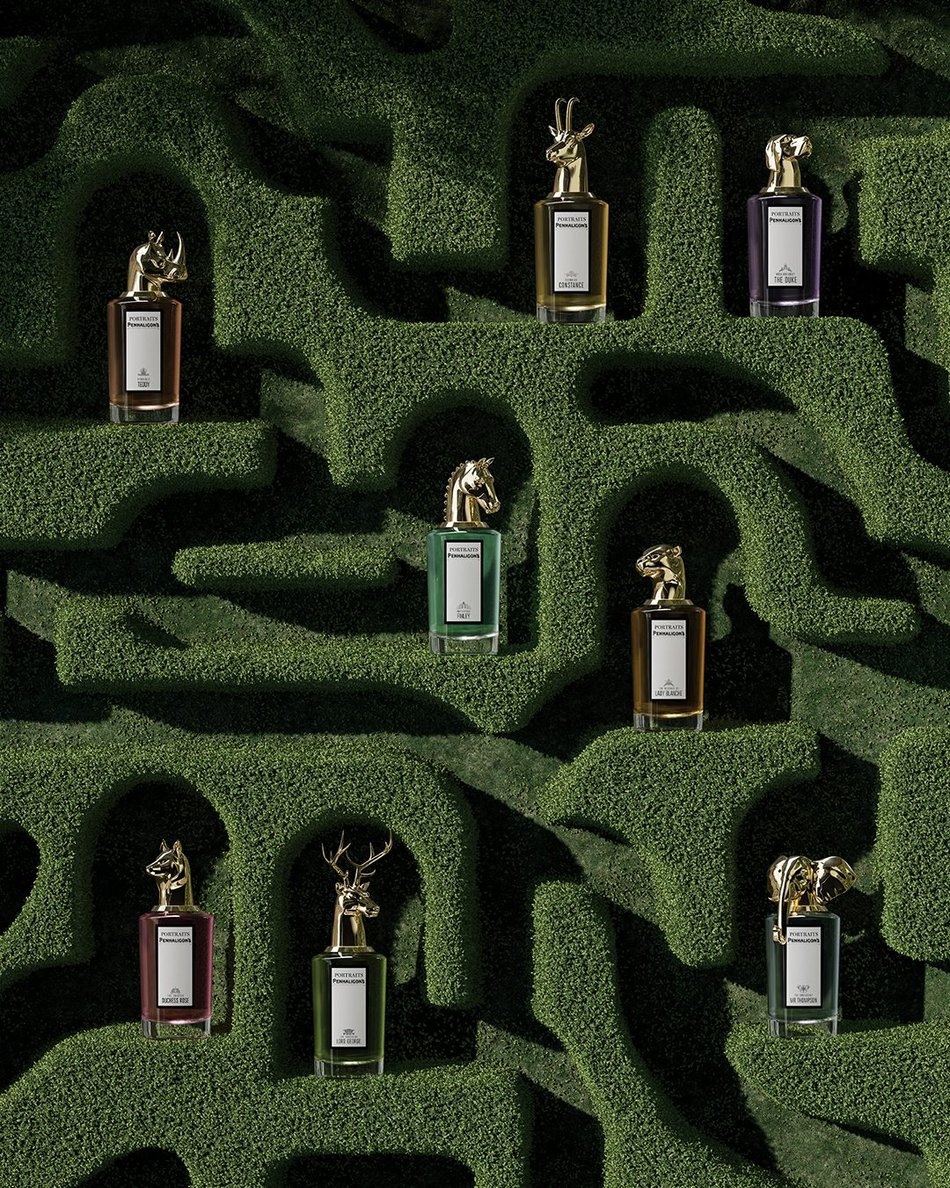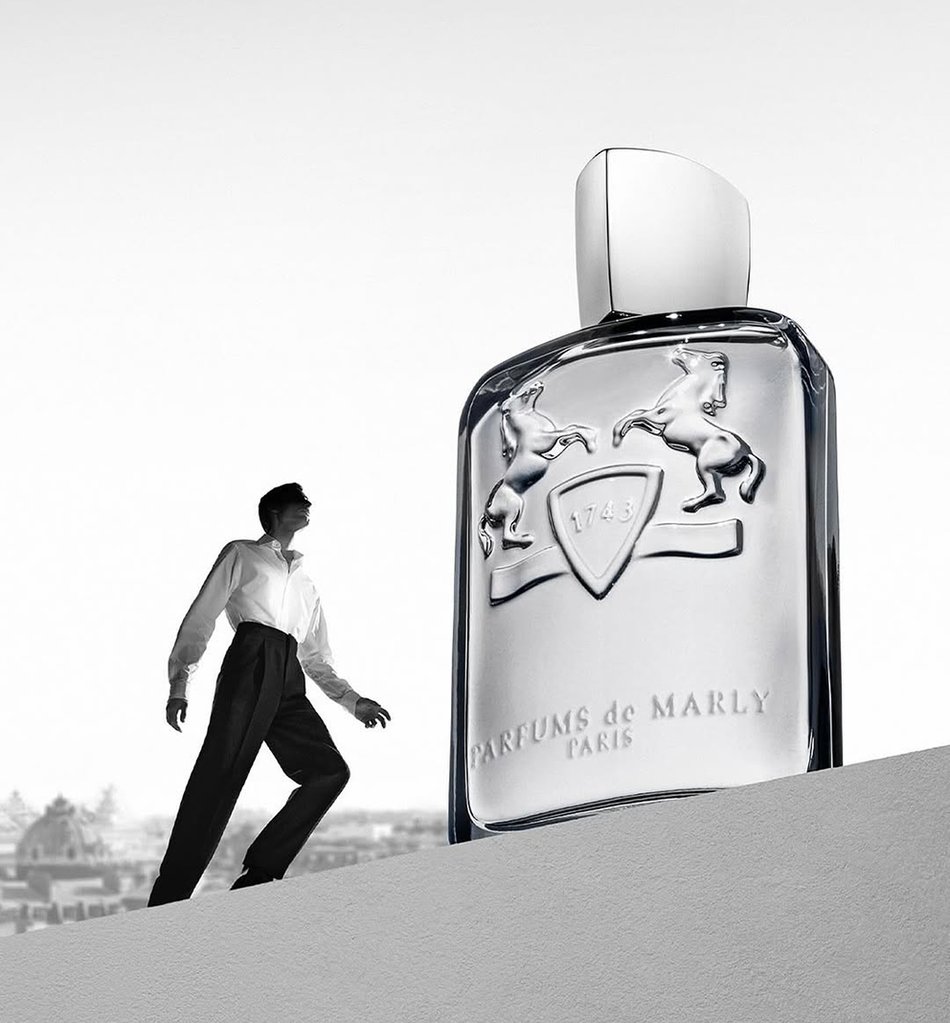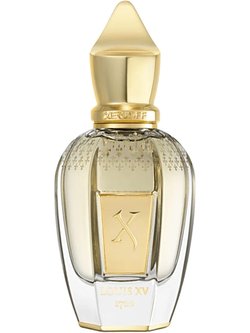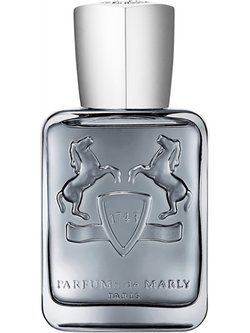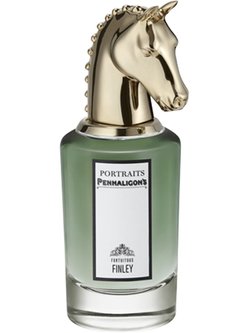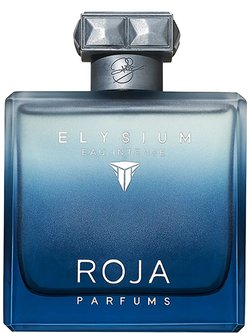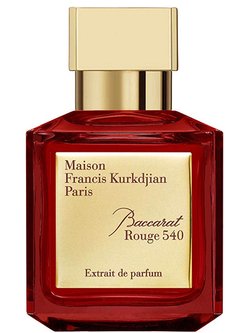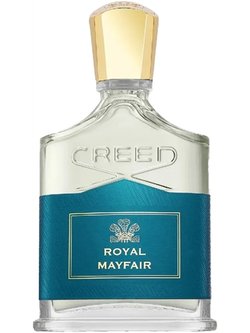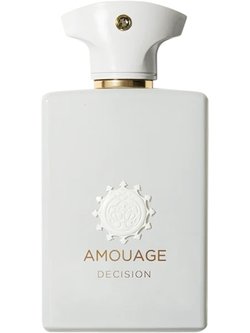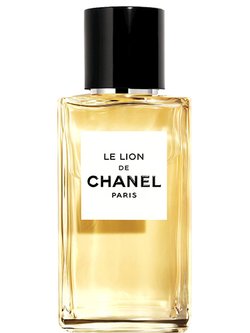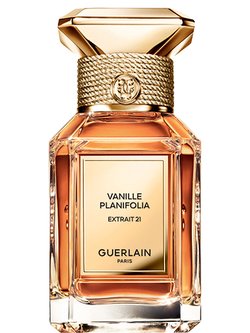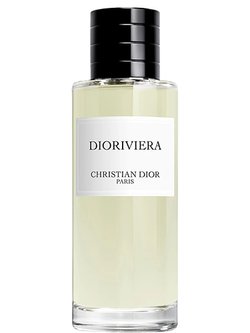Since ancient times, smelling good has been a status symbol. In Egypt, Mesopotamia, and Rome, perfumes were reserved for priests and nobility, and ingredients like myrrh and frankincense were as valuable as gold. Over time, fragrance moved from the courts into aspirational consumption. In the 19th century, to smell good was to smell clean.
By the 20th century, olfactory luxury had taken a subtler turn: niche houses, minimalist formulas, and signature scents. Smelling expensive became more about elegance than extravagance–recognisable only to those in the know. Fragrance became a kind of personal signature, almost like a secret code.
"The desire to 'smell like luxury' or 'smell like money' is deeply connected to identity, aspiration, and social perception," says Kakis, who has been commissioned to create fragrances with an old money aesthetic. "Some time ago, I even created a perfume that smelled like American dollars," he admits.
Today, to smell luxurious is to project success and charisma, but the more accessible that "rich scent" becomes, the more its symbolic power fades.
